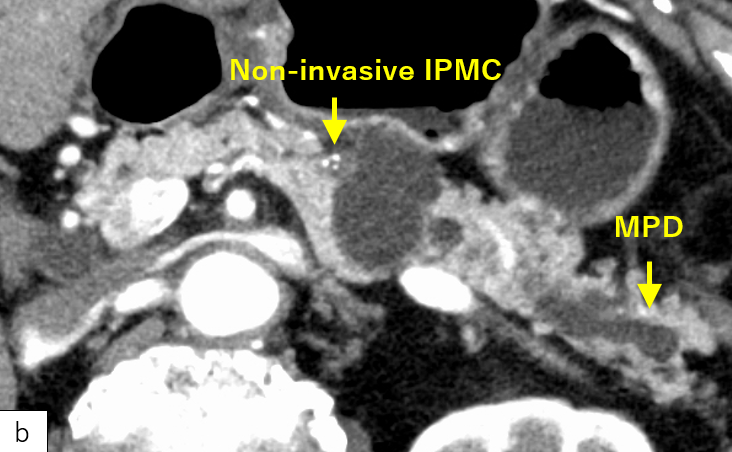Hepatobiliary and Pancreatic Oncology
Clinical practice
Our department is characterized by the following features.
Good communication with other departments
Proper treatment of hepatobiliary and pancreatic cancers requires good communication not only between the departments of surgery and internal medicine, but also with other groups, such as the departments of diagnostic radiology, radiation oncology, and endoscopy, and the palliative care team. Our department places great importance on communication with these other departments, which helps us to determine and implement appropriate and prompt treatment plans.
Proactive approach to trying new treatments
Not only do we provide widely used standard treatments in our routine practice, but are also actively involved in the development of new treatments. For example, gemcitabine and TS-1, which are now widely used for pancreatic and biliary tract cancers, were approved for National Health Insurance coverage based on results from a multicenter clinical trial in which our department participated. We are still conducting many clinical trials and investigator-initiated clinical studies in order to develop better treatments, and offer these trial treatments to patients who request them.
NEW Endoscopic hepatobiliary treatments
Biliopancreatic endoscopy has advanced tremendously in recent years. We offer EUS for diagnosis of small lesions, as well as for highly technical and minimally invasive endoscopic treatments, such as drainage that puts less stress on the body.
Information on individual methods we use for diagnosis and treatment, as well as treatment results for those methods, is presented on the pages linked below.
Endoscopic diagnosis and treatment using EUS and ERCP
Partnerships with local hospitals and palliative care support
Most of the chemotherapies we currently offer can be administered on an outpatient basis. To ensure that our patients feel secure in receiving treatment, we actively partner with hospitals and clinics close to their homes. We also work with the Consultation and Support Centers to help patients receive appropriate palliative care. For patients with pancreatic or biliary tract cancer, physicians and caseworkers regularly hold “educational sessions on pancreatic and biliary tract cancers” for inpatients with these diseases, which helps create a more comfortable treatment environment.




